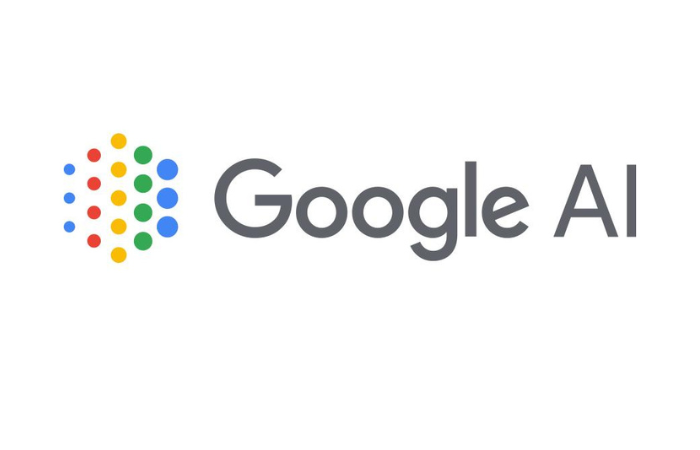Adya.ai has announced a strategic partnership with Google Cloud to enhance enterprise adoption of the Open Network for Digital Commerce (ONDC). Central to this collaboration is the launch of “ATMA (Aatmanirbhar Technology Marketplace by Adya) AppStudio,” a self-service platform designed to expedite ONDC app deployment. The ATMA AppStudio allows organizations to quickly design, customize, and launch apps on Google Cloud within a single day, significantly reducing the time and cost associated with ONDC adoption.
Shayak Mazumder, Founder and CEO of Adya.ai, highlighted the importance of this collaboration, stating, “Our partnership with Google Cloud to introduce ATMA AppStudio is a game-changer for ONDC app development and deployment. This innovative approach not only accelerates market entry for businesses but also empowers end-users with advanced conversational commerce and deep learning technologies for translation, transliteration, and contextualization. Together, we are shaping the future of digital commerce and driving ONDC’s widespread adoption.”
ONDC has garnered substantial interest across various sectors, including agriculture and logistics. As of July 2024, the network recorded 12 million transactions in retail, food delivery, and ride-hailing, marking a 21% month-on-month growth. ONDC is reshaping India’s digital commerce landscape by overcoming the limitations of traditional platform-centric models, allowing businesses to leverage compatible applications for enhanced digital presence, streamlined cataloging, inventory management, and order fulfillment. With nearly 100 active Network Participants and over 15,000 entities seeking to develop their apps on ONDC, the need to address process complexity, extended deployment timelines, and scalability issues is critical.
ATMA AppStudio is designed to tackle these challenges head-on, offering a best-in-class solution for organizations to accelerate ONDC adoption and app development. Shireesh Joshi, Chief Business Officer and President of ONDC, emphasized the significance of the platform, stating, “As ONDC democratizes opportunities for businesses and customers alike, ATMA by Adya will empower small businesses and non-profits to easily create and deploy their applications. The platform’s ability to streamline application development across various domains and categories is a major advantage.”
In collaboration with Google Cloud, Adya.ai has simplified complex integration processes and shortened deployment times by providing pre-configured frameworks for scalable, cloud-based systems. The ATMA AppStudio, available through the Google Cloud Marketplace, reduces app deployment time from 12 months to just 24 hours. This DIY marketplace enables companies to rapidly build and customize apps for retail, financial services, and logistics, with significantly reduced costs and time to market. This is expected to drive annual enterprise growth by 12-50%, accelerating digital transformation within the ONDC ecosystem.
Bikram Singh Bedi, Vice President and Country MD at Google Cloud India, remarked, “Our partnership with Adya.ai is a pivotal moment in the ONDC journey. Together, we are breaking down barriers to ONDC adoption with the ATMA AppStudio, positioning Google Cloud as the leading solution for businesses embracing the ONDC ecosystem.”
Adya.ai’s recent INR 10.5 crore pre-seed funding round, led by Indian Angel Network and others, further cements the company’s role as a leader in the ONDC ecosystem. This strategic collaboration with Google Cloud underscores Adya’s commitment to making ONDC a success, paving the way for digital inclusion for enterprises and consumers alike.























